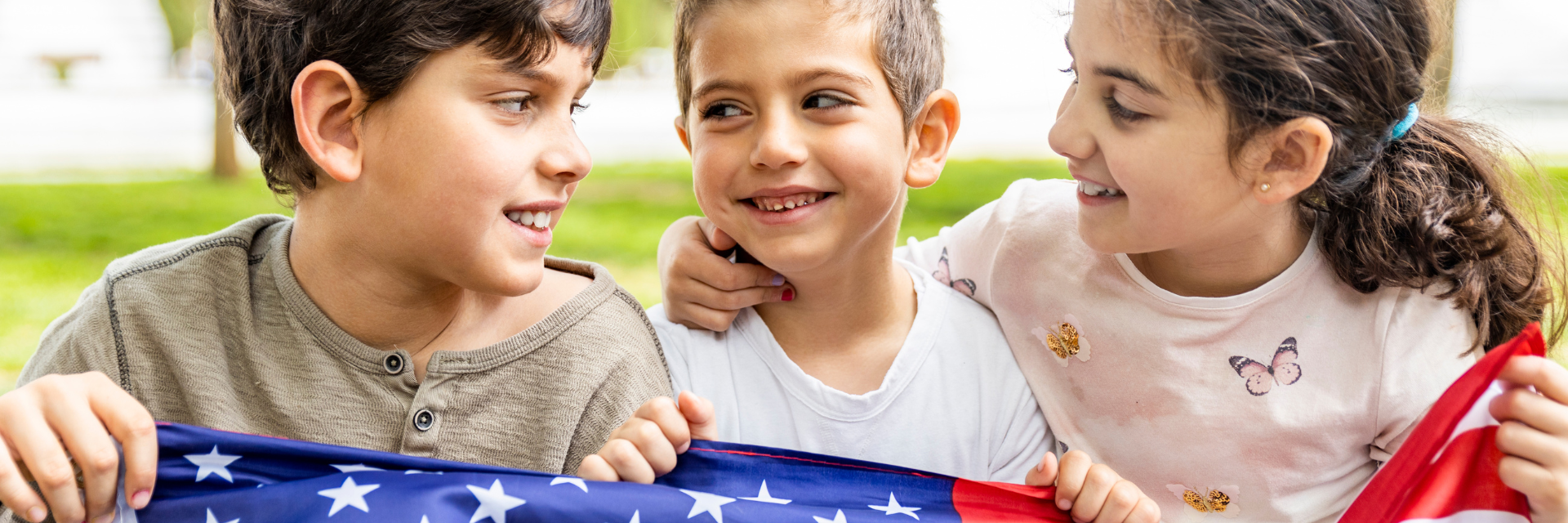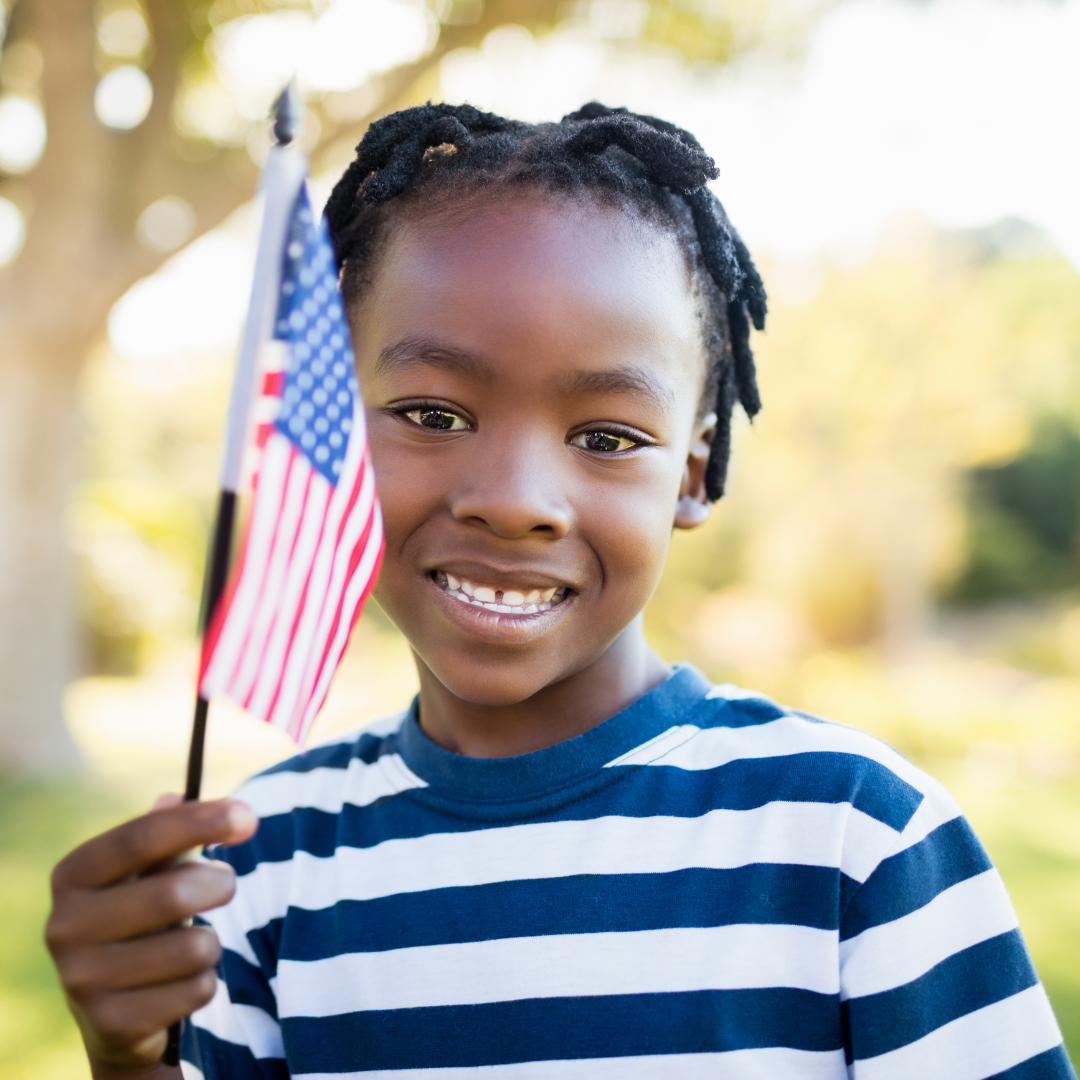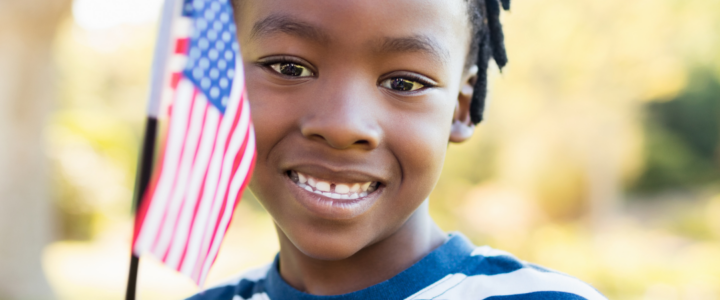
 In the final sprint to the White House, phones are relentlessly pinging with donation requests, social media feeds are slammed with propaganda and righteous opinions, TV ads are slandering opponents, media sources are generating non-stop election news stories. Election season can be a challenging time for everyone, as both adults and children feel the heightened energy, stress, and uncertainty that accompany national conversations and news cycles.
In the final sprint to the White House, phones are relentlessly pinging with donation requests, social media feeds are slammed with propaganda and righteous opinions, TV ads are slandering opponents, media sources are generating non-stop election news stories. Election season can be a challenging time for everyone, as both adults and children feel the heightened energy, stress, and uncertainty that accompany national conversations and news cycles.
Regardless of whether children are directly involved in political discussions, they are nonetheless affected by the surrounding atmosphere, often absorbing the emotions and conversations taking place around them. Children notice changes in their surroundings, which may be marked by increased tension, polarized conversations, or disruptions in routines as adults become preoccupied with election-related matters. The effects of elections on mental health can differ significantly based on age, media exposure, and individual sensitivity to stress or conflict.
It is crucial for parents, educators, and caregivers to proactively support children's mental health during these periods, fostering an environment where they feel safe and heard. Adults can take proactive steps to help children process and understand the election season while prioritizing their mental health and sense of security.
- Encourage open dialogue: let children know they can ask questions about anything confusing or troubling they hear. Explain situations in a way that suits their age and maturity level. For instance, you might say, “Grown-ups are making important decisions, and sometimes that can make us feel a little nervous. It’s okay to talk about it.”
- Limit media exposure: to prevent overwhelming emotions, consider reducing children's exposure to news and social media, especially for younger kids. Instead, engage in calming activities like family reading time, creative projects, or outdoor play.
- Teach healthy stress management: practicing stress-management techniques as a family can equip children to handle stress better. Activities like mindfulness exercises, breathing techniques, and regular physical activity can help everyone stay connected during tense times.
- Create a sense of stability: maintaining routines and consistent family time provides children with a sense of safety and predictability. Family dinners, weekend outings, or daily rituals can offer comforting structure, helping to mitigate stress.
- Model emotional regulation: children look to adults as examples for handling emotions. By modeling calm and respectful conversations—even around challenging topics—parents can demonstrate constructive engagement with complex issues. Acknowledge worries while also sharing healthy coping strategies.
- Promote positive community discussions: use this opportunity to emphasize community involvement, kindness, and support. Discuss voting as a way to care for the community and explore volunteer opportunities to show children how collective efforts can lead to positive change.
- Prioritize adult self-care: supporting children's mental health during high-stress times requires that adults practice self-care as well. Managing your own stress equips you to offer the patience and reassurance children need. Engage in activities that help you maintain balance, whether through exercise, socializing, or setting boundaries with work and screens.
Despite the stress and challenges of election season, it can be an excellent opportunity to introduce children to essential values like community, empathy, and the democratic process. By fostering open communication, consistency, and support, adults can help children feel grounded during this time, equipping them with the tools to manage future stressors in healthy, constructive ways.
Prioritizing these practices ensures children's well-being remains at the forefront, building resilience and encouraging positive engagement with the world around them.
Helpful Resources
We have developed an array of resources and tools to help you support your child. We have pulled together resources that may be helpful in navigating the stress of this election season.
- Loving-Kindness Mindfulness For Kids
- Meditation and Mindfulness for Children Tip Sheet
- Pizza Breathing: Helping Children Calm Down
- Regulation Strategies for Children
- How The Brain Responds to Stress: Hand Brain Model
- Activities for Play to Support Children’s Mental Health
- Ways To Play: Helping Children Examine Their Feelings through Journaling and Writing
- Ways to Play: Explore Feelings with Your Child Using Fun Activities
Parent and Caregiver Resources
- Support Social-Emotional Development in Children Workshop
- Supporting Empathy Development Workshop
- Ways to Talk To Children: Tackling Difficult Conversations
Get the latest news and updates in your inbox!
By submitting this form, you are consenting to receive emails from: Center for Child Counseling, 8895 N. Military Trail, Palm Beach Gardens, FL, 33410. You can revoke your consent to receive emails at any time by using the SafeUnsubscribe® link, found at the bottom of every email.



